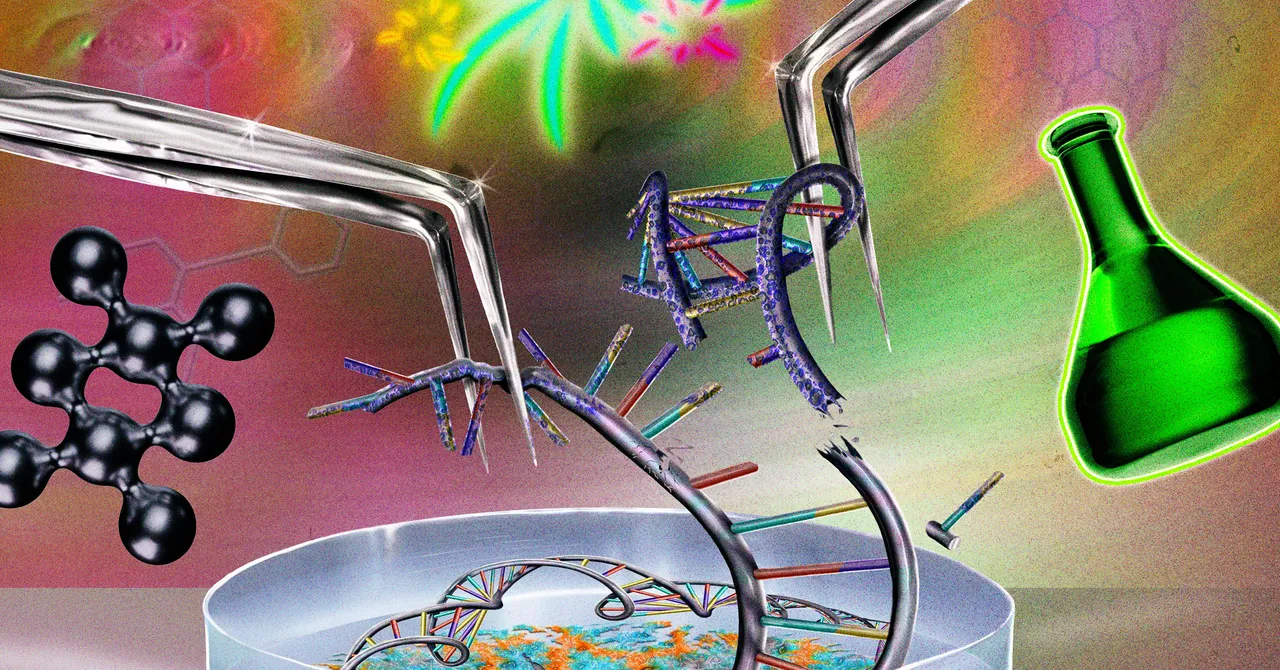Can We “Reset” Autoimmunity? Why CAR-T Therapy Is Making Headlines in 2025

Adnan Khalil
Aug 14, 2025
2 min read
4,741 views

A therapy built for blood cancers is now being tested to “reset” the immune system.
CAR-T (chimeric antigen receptor T-cell) therapy engineers a patient’s T-cells to hunt down specific targets—most often CD19 on B-cells. In autoimmunity (like systemic lupus erythematosus, myositis, systemic sclerosis, and some neurological diseases), the goal is to wipe out the misbehaving B-cells and let a healthier immune system regrow—often without ongoing immunosuppressants. PubMedNew England Journal of Medicine
CAR-T (chimeric antigen receptor T-cell) therapy engineers a patient’s T-cells to hunt down specific targets—most often CD19 on B-cells. In autoimmunity (like systemic lupus erythematosus, myositis, systemic sclerosis, and some neurological diseases), the goal is to wipe out the misbehaving B-cells and let a healthier immune system regrow—often without ongoing immunosuppressants. PubMedNew England Journal of Medicine
What the latest studies show
- A 2024 study in the New England Journal of Medicine reported that all treated patients across SLE, myositis, and systemic sclerosis stopped immunosuppressive therapy and maintained responses at a median 15-month follow-up, with mainly mild cytokine-release syndrome. (It’s a small study, but the signal is strong.) PubMed
- Reviews in 2024–2025 summarize rapid B-cell depletion and clinical remission in refractory SLE, with some patients off steroids for years. Larger, controlled trials are now underway to confirm safety and durability. NatureScienceDirect
Trials to watch in 2025
- KYV-101 (Kyverna Therapeutics): Phase 2 in myasthenia gravis, Phase 1 in lupus nephritis, and early MS programs; interim readouts are expected in 2H 2025. ir.kyvernatx.comPR Newswire
- Allogeneic (“off-the-shelf”) CAR-T programs are emerging, aiming to simplify logistics compared with bespoke, patient-specific products. Early academic reports are encouraging but preliminary. PMC
Why this matters
For patients who’ve cycled through multiple immunosuppressants with persistent flares or organ damage, a one-time “reset” could be game-changing—especially in conditions like severe lupus nephritis or progressive neuro-autoimmune disease. PubMed
The caveats
- It’s still experimental for autoimmune diseases—no approvals yet. Most access is via clinical trials at specialized centers. ScienceDirect
- Risks and logistics mirror oncology CAR-T: hospital admission, potential cytokine-release syndrome or neurotoxicity (often mild in autoimmune cohorts so far), cost, and manufacturing time. Regulators will want larger, controlled datasets. PubMed
Looking ahead
If ongoing trials confirm safety/efficacy, regulators could begin seeing precision immune-reboot therapies as an option for severe, refractory autoimmunity—possibly alongside safer bispecific antibodies or next-gen cell therapies. 2025 is a pivotal year for the data. New England Journal of Medicine